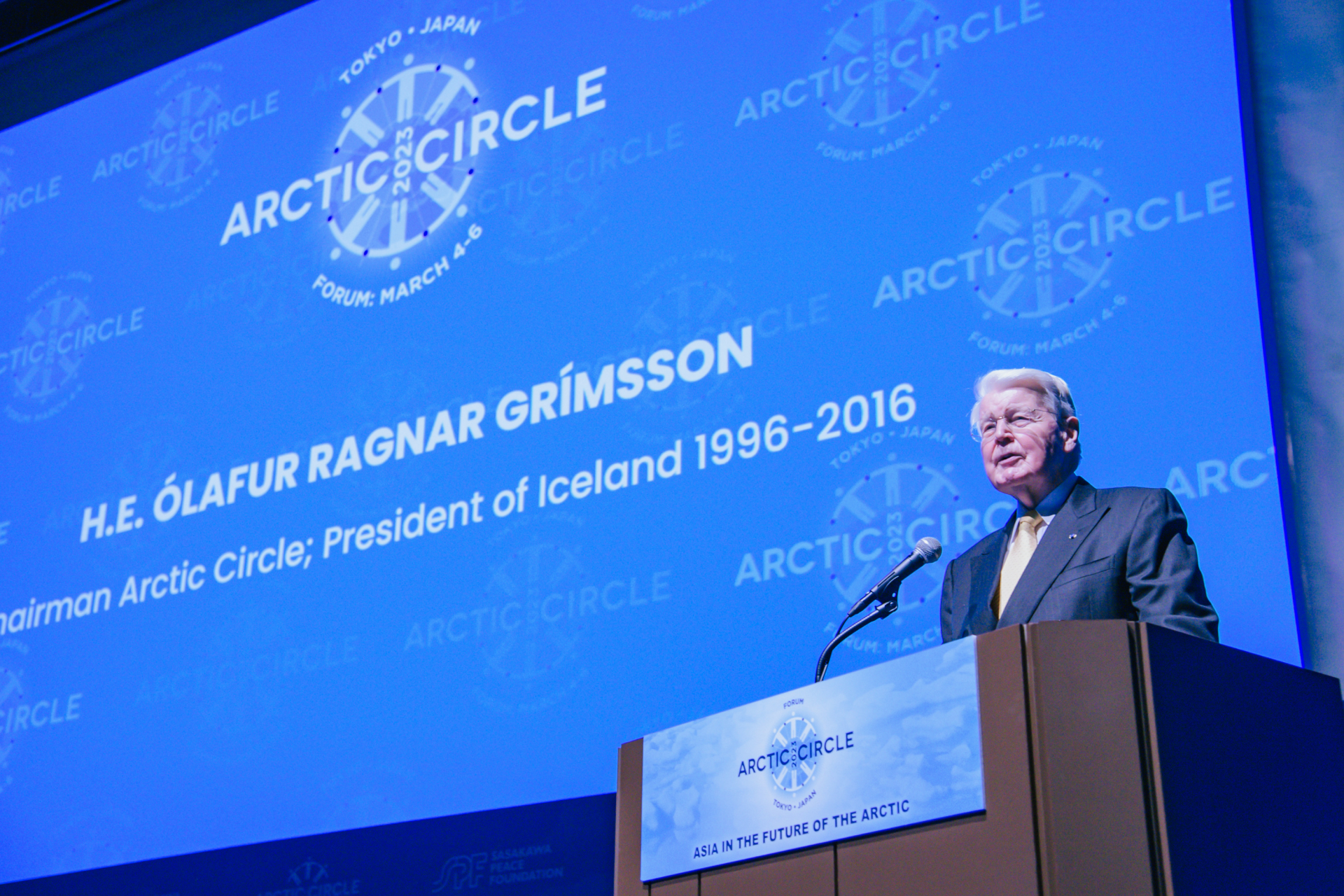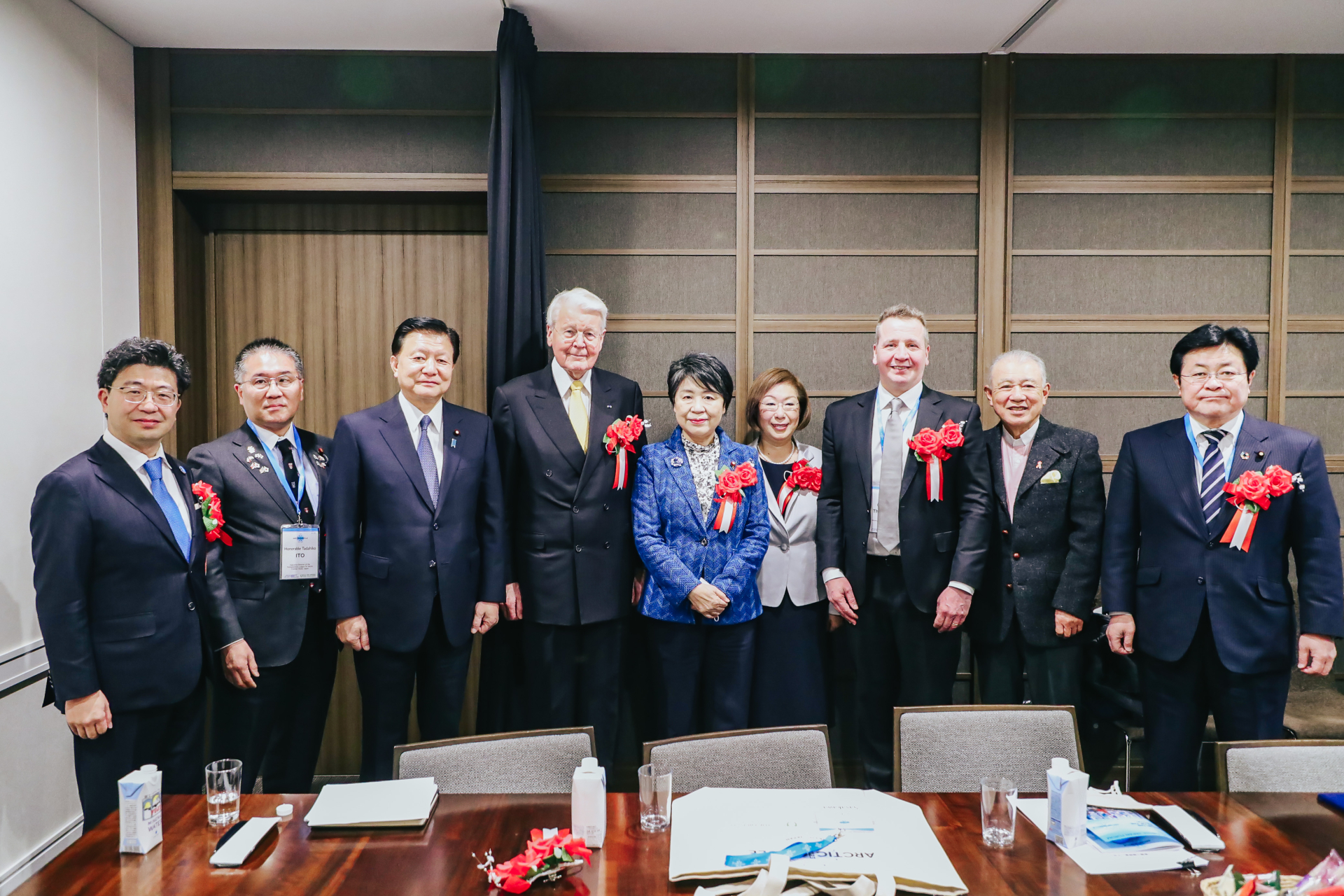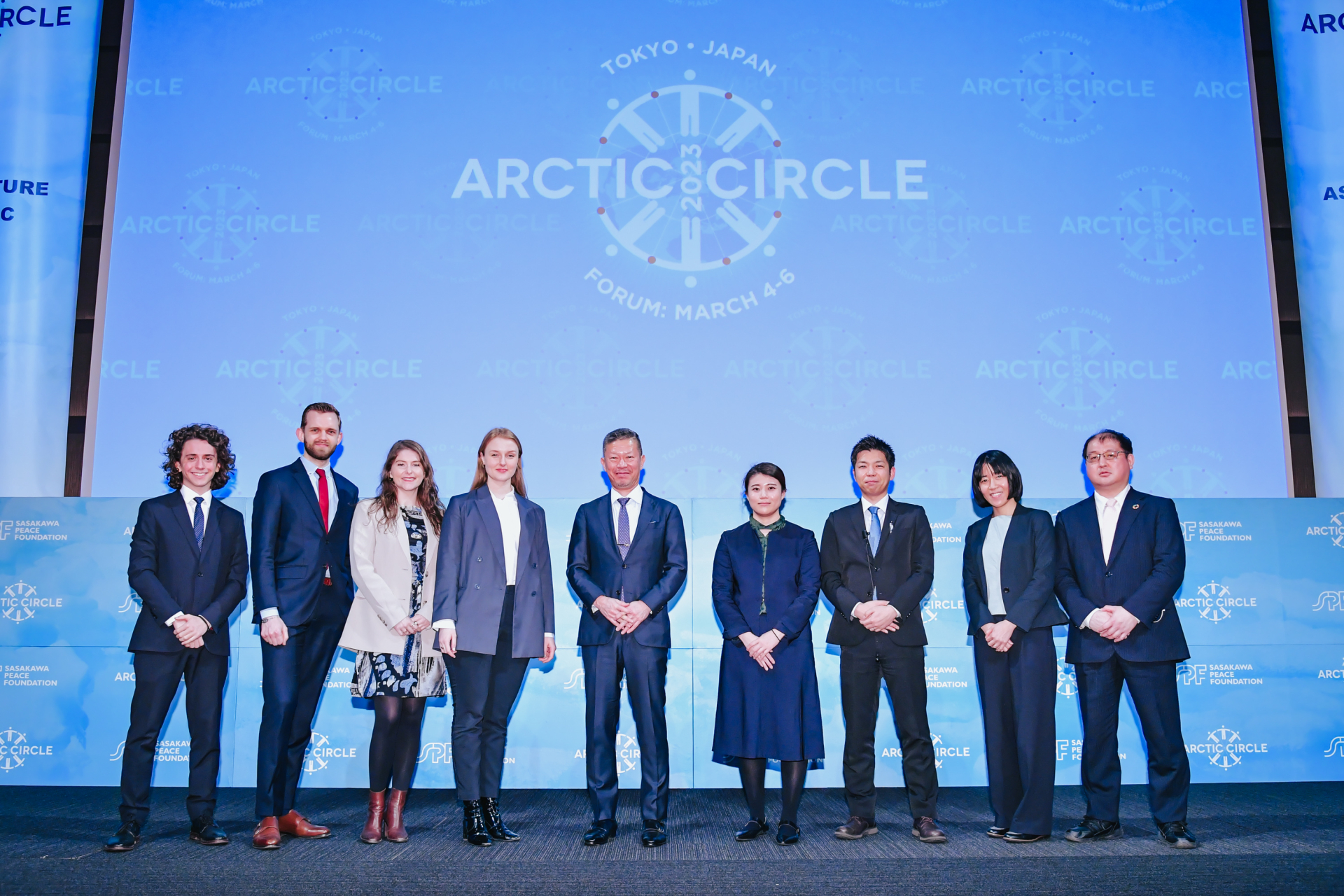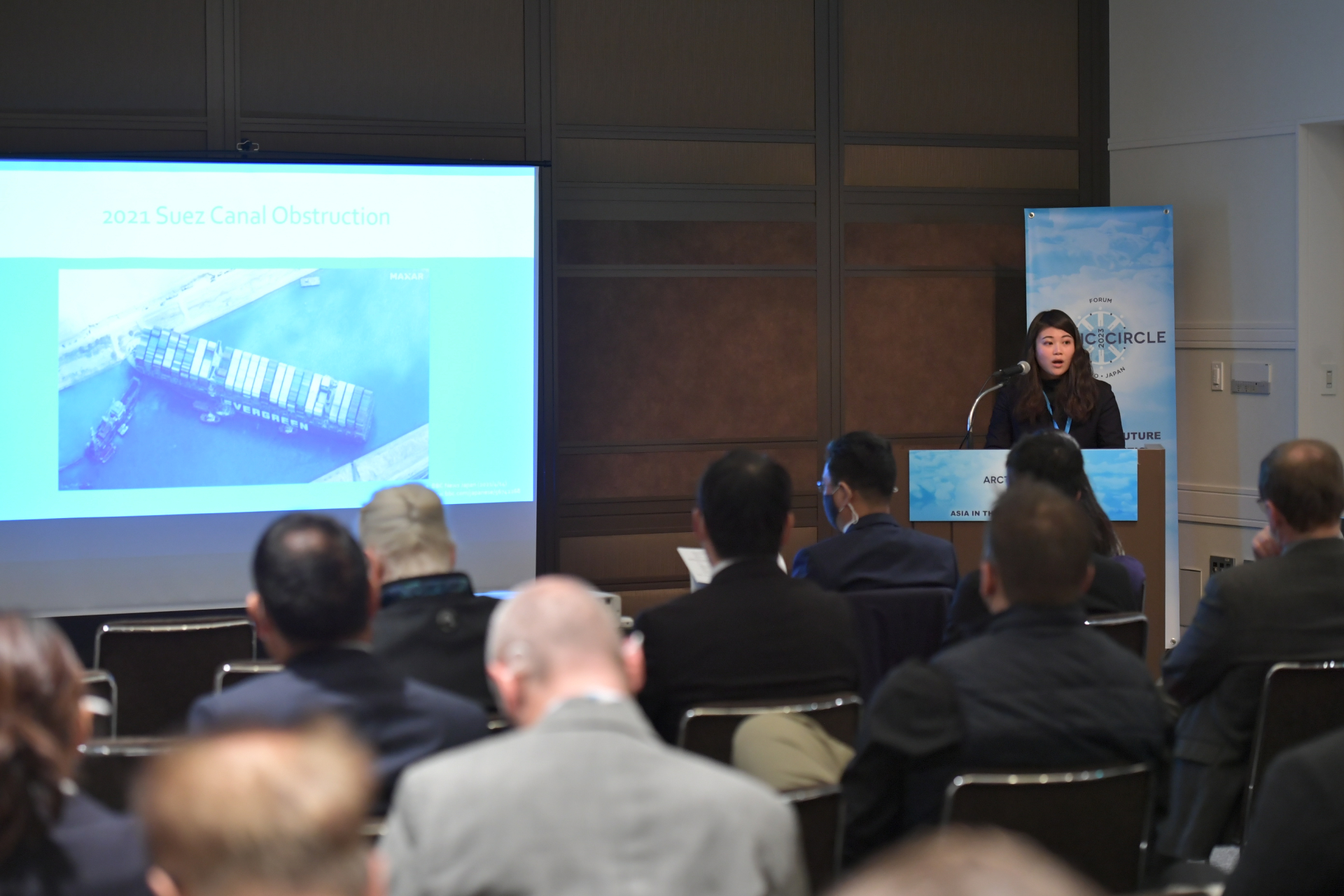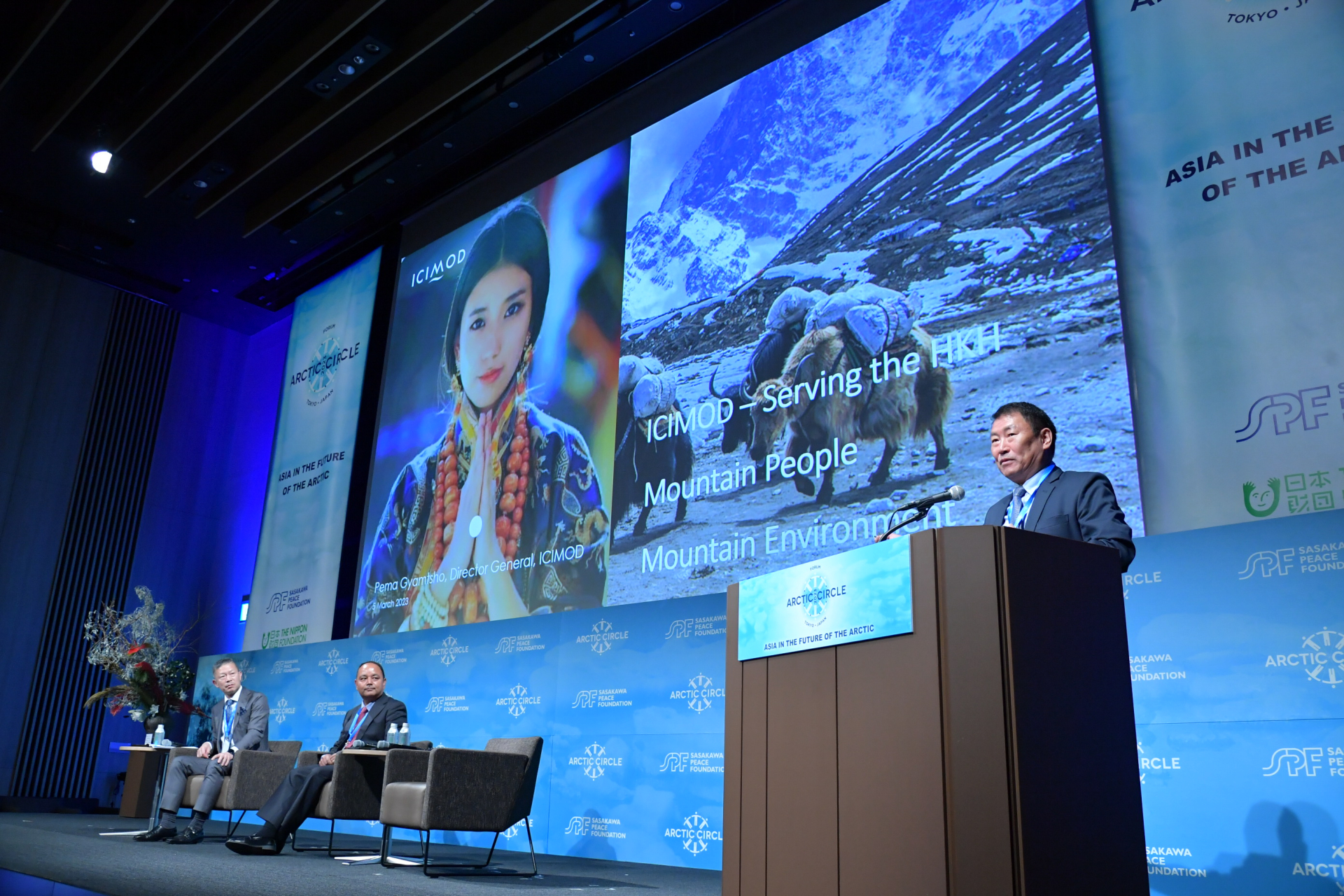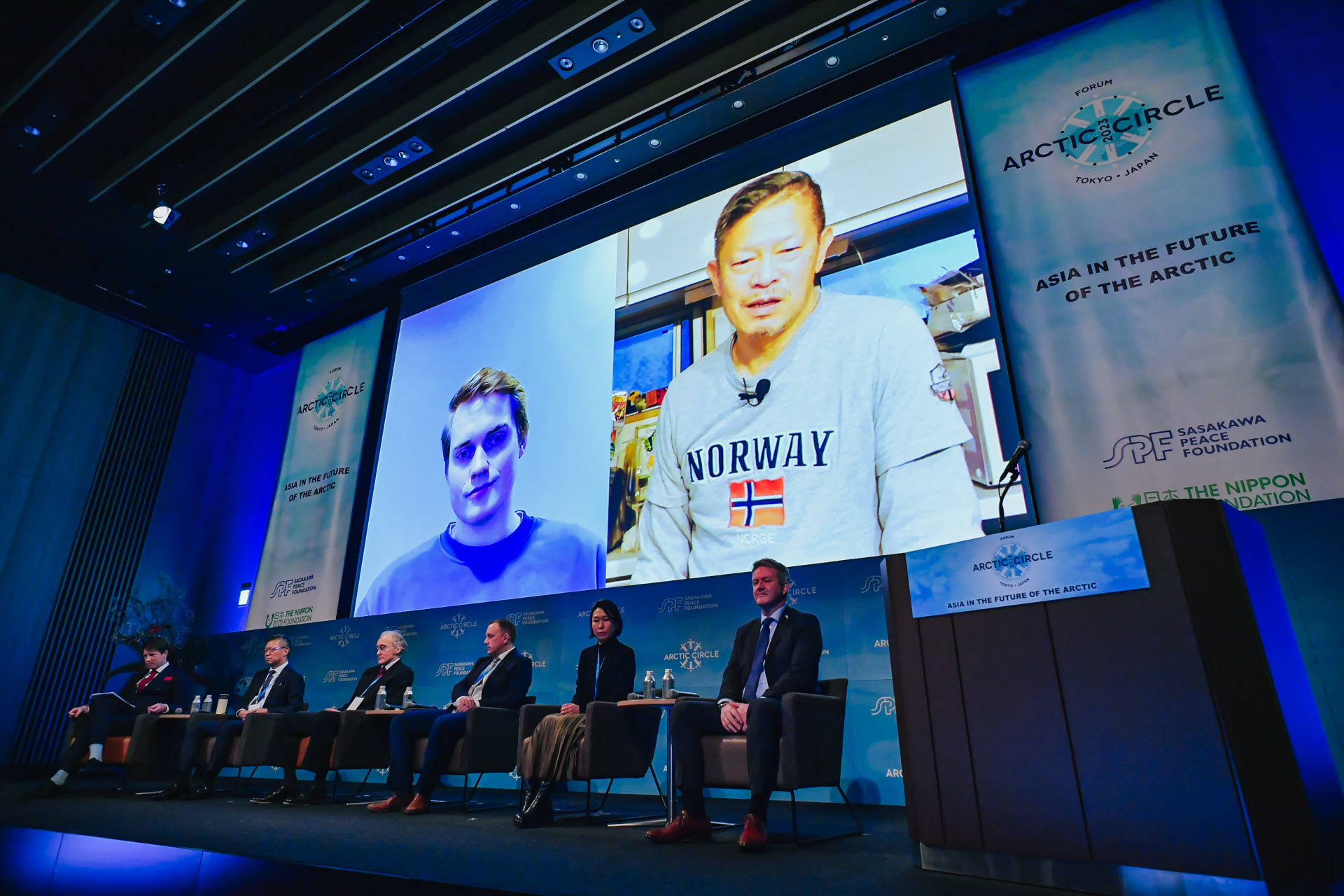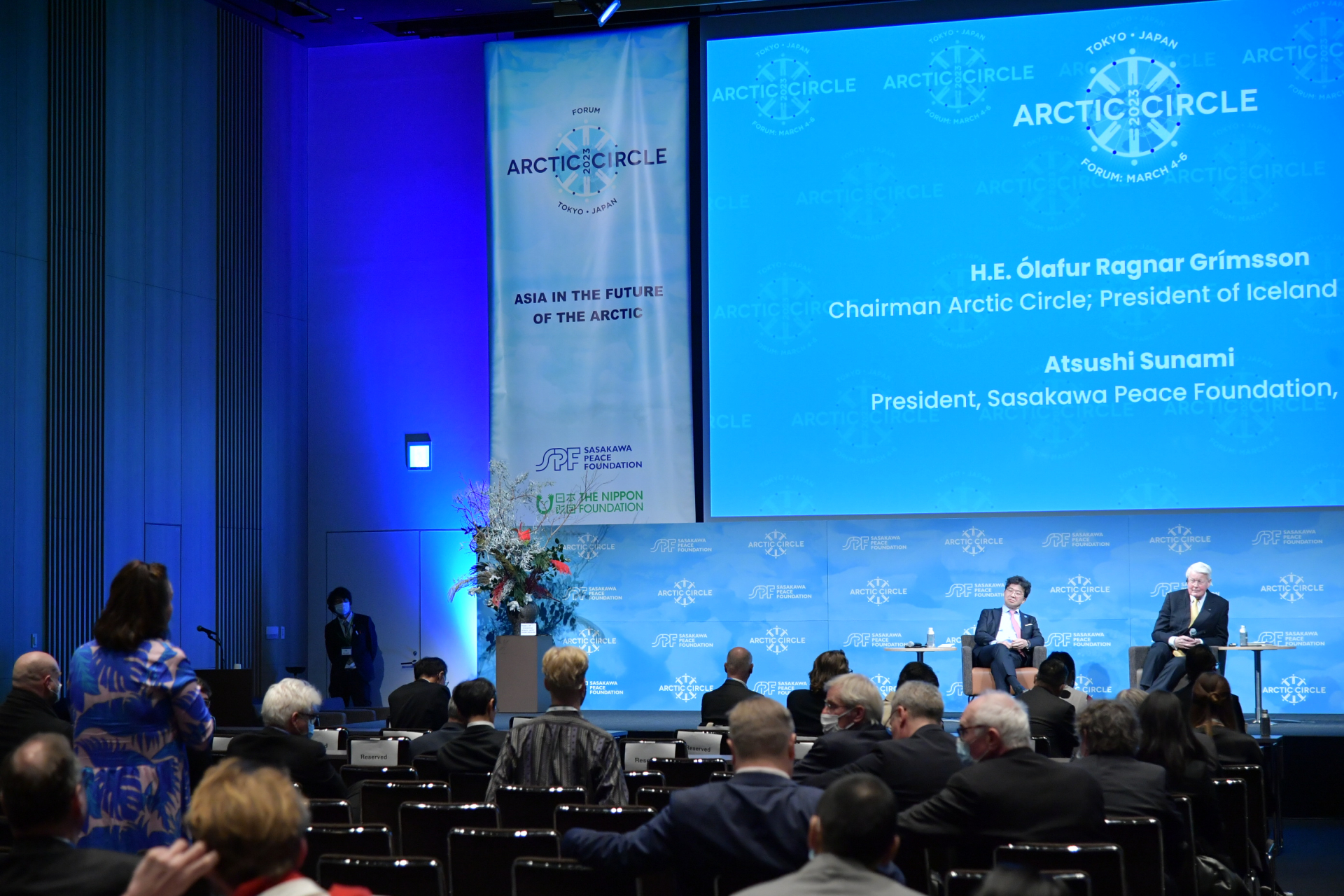The Sasakawa Peace Foundation (SPF) together with Arctic Circle and The Nippon Foundation held the Arctic Circle Japan Forum from March 4-6, 2023.
Arctic Circle is the largest network for international dialogue and cooperation focusing on the future of the Arctic and our planet. It is an open and democratic platform with participation from governments, businesses, universities, think tanks, environmental associations, Indigenous communities, members of the public, and others. The Arctic Circle Assembly has been held in Reykjavik, the capital of Iceland, every year since 2013, and more than 2,000 people attended the general meeting in October 2022.
The Arctic Circle Japan Forum was originally scheduled to be held in the spring of 2021. However, the COVID-19 pandemic made an in-person forum difficult, forcing the organizers to postponed the event three times. In the interim, the Ocean Policy Research Institute (OPRI) of SPF and the Secretariat of Arctic Circle actively collaborated on preparations, and in 2023, with the full support and enthusiasm of everyone involved, the event finally took place.
Under the theme of "Asia in the Future of the Arctic," the forum saw discussions on the challenges facing the Arctic Circle such as the melting of Arctic ice, which is having a serious impact on the planet. In addition, participants examined the role that countries in Asia could play in maintaining peaceful and cooperative relations in the Arctic Circle. More than 100 speakers from around 20 countries gathered for over 50 plenary and breakout sessions throughout the three-day event.
Many members of the Japanese Diet, including cabinet ministers, attended the opening session and gave speeches. The Chairman of the Arctic Circle, H.E. Ólafur Ragnar Grímsson, praised this high level of participation as a positive sign that the future of the Arctic is important to Japan.
